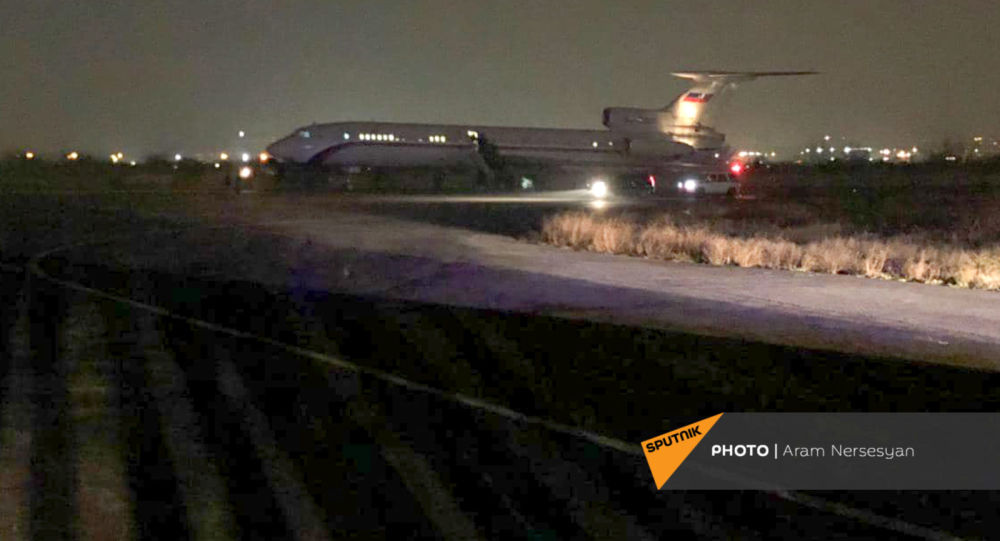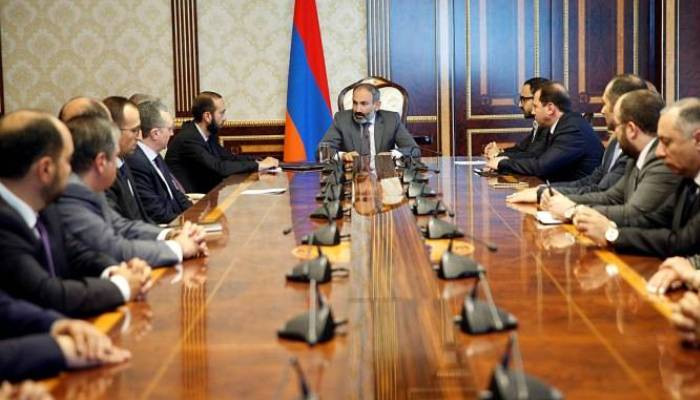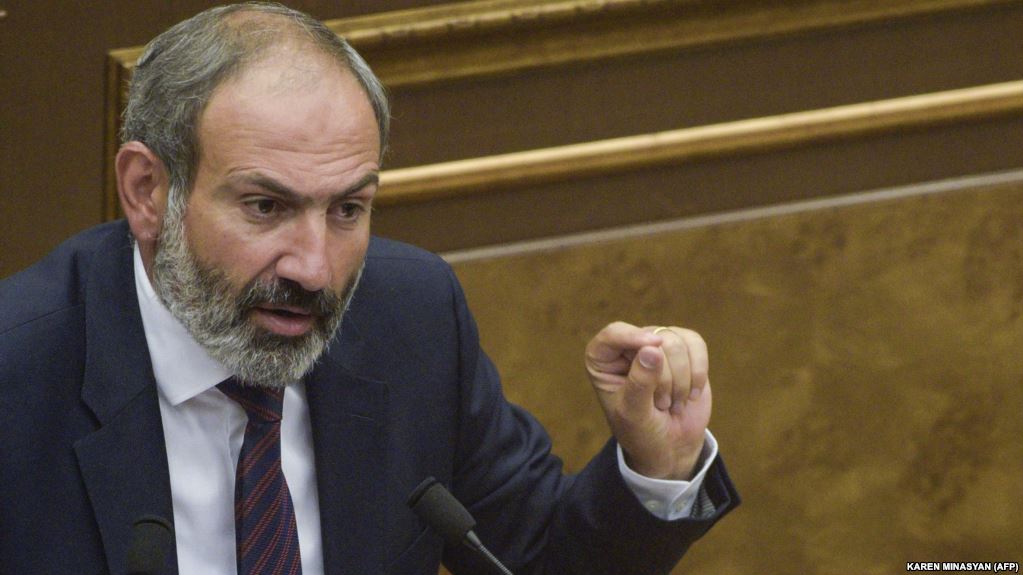 1421 facebook-ի օգտատեր արդեն միացել է մեզ, միացի՛ր և Դու Բողոքի նամակներ New York Times-ին հակահայկական հոդված տպելու համար: Խեղաթյուրվում է մեր պատմությունն ու ներկան, որը իր ազդեցությունը կարող է ունենալ նաև մեր ապագայի վրա:
1421 facebook-ի օգտատեր արդեն միացել է մեզ, միացի՛ր և Դու Բողոքի նամակներ New York Times-ին հակահայկական հոդված տպելու համար: Խեղաթյուրվում է մեր պատմությունն ու ներկան, որը իր ազդեցությունը կարող է ունենալ նաև մեր ապագայի վրա:
Մայիսի 31-ին New York Times-ը տպագրել է հակահայկական մի հոդված (‘Frozen Conflict’ Between Azerbaijan and Armenia Begins to Boil), որի հիմնական իմաստը ադրբեջանցիներին զոհի կերպար տալն է: Դրանում հիմնավորվում է Ադրբեջանի բարոյական իրավունքը` վերսկսելու պատերազմը Արցախի դեմ և վերականգնելու իր տարածքային ամբողջականությունը:
Անհրաժեշտ է բազմաթիվ բողոքի նամակների միջոցով ճնշում գործադրել թերթի խմբագրության վրա:
Ստորև բերված է նամակի օրինակ, որը կարող եք փոքր-ինչ ձևափոխել, ինչ-որ մասեր կրճատել և ուղարկել NY Times-ի գլխավոր հրատարակչի մեյլին: ԵԹԵ ՈՒՂԱՐԿԵԼՈՒ ԵՔ ԱՌԱՆՑ ՈՃԱԿԱՆ ՓՈՓՈԽՈՒԹՅՈՒՆՆԵՐԻ, ԱՊԱ ԱՎԵԼԻ ԼԱՎ Է ԸՆԴՀԱՆՐԱՊԵՍ ՉՈՒՂԱՐԿԵԼ: Աշխատեք չգերազանցել 150 բառը:
Mrs.Jill Abramson,
I have read Ellen Barry’s recent article which caused me great frustration. Mrs. Barry’s biased approach in the article makes me think that the article was written under the influence of the Azerbaijani propaganda.
This article is mostly dedicated to the description of undesirable consequences for Azerbaijan that were caused as a result of the Nagorno-Karabakh conflict. But the author is silent about the fact that it was Azerbaijan first to launch an aggressive war against Nagorno-Karabakh, as well as to organize the bombing of some border areas of Armenia itself. Moreover, both international and Soviet law did allow Nagorno-Karabakh to achieve its independence. The fundamental human rights of Karabakh Armenian population had been violated for decades, and the culmination of violations were the ethnic cleansings of late 1980s. The population of Karabakh had the right to exercise remedial secession, just as the Eritrea, East Bangladesh, East Timor, Kosovo, South Sudan and other cases.
There are also detailed sad stories of Azeri refugees, but the author is tacit about Azerbaijan’s brutal policy towards its own population. Azerbaijan, unlike Armenia, views its refugees only as a tool of its policy. For many years refugees in Azerbaijan were not allowed to leave their tent camps as if they were kept in concentration camps.
Mrs. Barry repeats the official position of Azerbaijan and insists that the current framework of the OSCE Minsk Group negotiations have exhausted itself. But she is silent about the fact that the main barrier of progress in the negotiations is Azerbaijan’s destructive approach of failing the negotiation (incidentally she talks as if the international community is negotiating with Armenia (yet, the negotiations are between Armenia and Azerbaijan, with the participation of Nagorno-Karabakh, and mediated by the OSCE Minsk Group Co-Chairs)). The point is that Azerbaijan has been poisoning its own population with Armenophobia and revanchism for about two decades, and now the government doesn’t know what to answer to the people of Azerbaijan, when the OSCE Minsk Group mediators insist that the status of Karabakh should be decided through a legally binding free expression of will of its people. Moreover, calls for a new aggression are repeatedly cited in the article, and the author treats those calls quite normally.
However, the OSCE Minsk Group mediators in their statements clearly point out that the resumption of war is unacceptable for the international community, that the settlement of the conflict should be based on a comprehensive application of the three basic principles: the prohibition of threat or use of force, self-determination and territorial integrity. Mediators also stress that all conflicting parties should prepare their people for peace and not for war. In fact, the citations of aggression used by the author in fact endorse the fact that the international mediators’ calls for peace are directed at Azerbaijan. Any use of force is clearly prohibited in international law, and this time the international community is determined to prevent the repetition of such actions by Azerbaijan.
But from the New York Times’ article from May 31 one gets the impression that it is natural that Azerbaijan is preparing for war, as if it is a party that has been treated unjustly.
Mrs. Abramson, I sincerely hope that your editorial would be more careful in printing such biased articles in the future. Azerbaijan spends millions of dollars for its PR campaign abroad. And I hope the New York Times’ esteemed reputation cannot be marred by the petro-dollars from the Caspian Sea.Best Regards,
Նամակը պետք է ուղարկել հետևյալ Էլեկտրոնային հասցեներին՝ [email protected] կամ [email protected]
Եվս մի նամակի օրինակ կարող եք գտնել այստեղ՝ http://www.facebook.com/note.php?note_id=170278643031826
Կանխավ շնորհակալություն:







